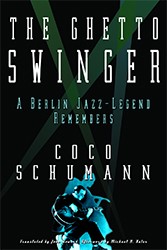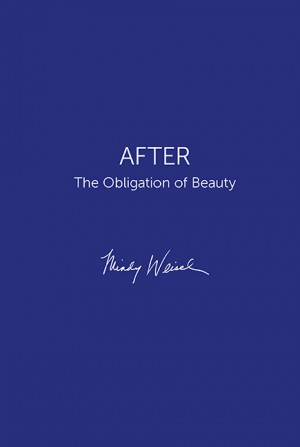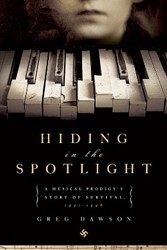Eighty years after the Nazis came to power in Germany and unleashed the Holocaust, the attention of historians and researchers has increasingly turned to the systematic looting of Jewish property, especially works of art, during the period. This title is both a family history and the tragic tale of an assimilated clan and its famed collection. The author is a descendant of the Gutmanns, a German Jewish banking dynasty. In the late nineteenth century, the Gutmanns converted to Christianity. Pre- and post-conversion, they enjoyed close business and social relationships with members of the upper class and aristocracy. Their true orientation was secular. Branches of the family settled in Holland, Britain, and Italy. In Britain, the Gutmanns became the Goodmans. Simon’s great-grandfather laid the foundation for the art collection. His grandfather and uncle expanded the holdings. His father, who spoke little about his heritage, devoted his life to tracking down stolen items — without much success. The collection included paintings by Bosch,Cranach, Degas, and Renoir; silver and china, rugs, and Renaissance clocks. The Orpheus Clock of the title was made of gilt brass, gold, and bronze and inscribed with scenes of the legend of Orpheus in the Underworld. Simon’s uncle, executor of the Gutmann estate, was trapped in occupied Holland and was forced to “sell” much of the collection to representatives of Hitler and Goering. That uncle and his wife were murdered in concentration camps. Simon’s search was obstructed by former Nazis, by states and museums which hoped to retain the art for themselves, art dealers, and auction houses. Simon regards the restitution as a symbol of the Nazis’ failure to obliterate Jews and Jewish culture. For him, each success has brought solace and an antidote for a life-long feeling of rootlessness. The author reveals a broad knowledge of and respect for Jewish history. Such personalization of historic events does heighten the impact and brings the reader into closer contact with these events. However, the recitation of numerous family anecdotes and inclusion of records of endless negotiations and legal twists and turns may become diversions. Judicious trimming would not have compromised the worthy message of this appealing work. Indices feature a family tree and a list of recovered art.

Nonfiction
The Orpheus Clock: The Search for My Family’s Art Treasures Stolen by the Nazis
- Review
By
– May 19, 2015
Libby K. White is director of the Joseph Meyerhoff Library of Baltimore Hebrew University in Baltimore, MD and general editor of the Association of Jewish Libraries Newsletter.
Discussion Questions

Jewish literature inspires, enriches, and educates the community.
Help support the Jewish Book Council.


